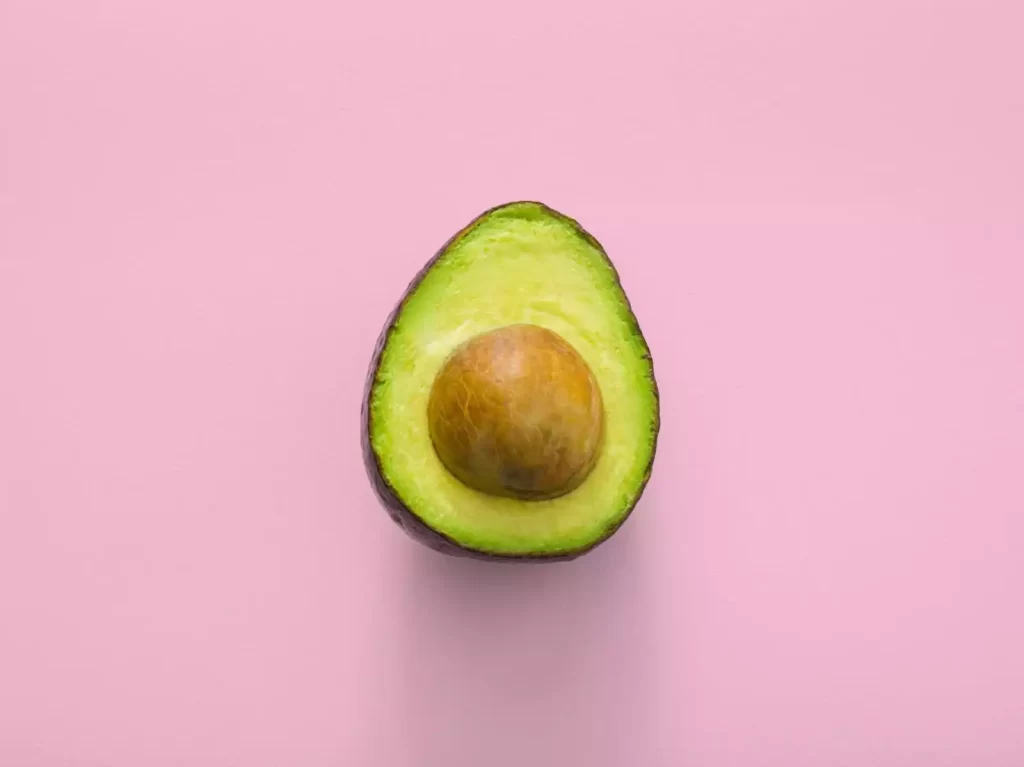If you are a learner attempting to recall and absorb a lot of new knowledge, it’s crucial to maintain your body in fantastic condition. A healthy lifestyle can assist you to achieve your educational objectives and improving your academic success without saying: write my papers.
Berries
Berries are high in a range of substances that may aid you to do better in school and safeguard your brain’s fitness. Strawberries, blackberries, and blueberries, for example, are particularly high in flavonoid molecules called anthocyanins.
Which are thought to boost mental function by boosting blood flow to one’s brain, fighting inflammation, and strengthening signaling paths that activate nerve cell creation and cellular functions associated with learning and recollection.
A majority of individual studies have shown that berry consumption improves brain function.
When compared to a placebo group, the smoothie resulted in faster reaction times on concentration and job assessments and helped contestants retain precision on such tests for Six hours.
Citrus Fruit
Citrus fruits are abundant in nutrients, and their consumption has been related to a number of health advantages, particularly brain health improvement.
Fruits like lemons, oranges, and berries, are high in polyphenols including quercetin, anthocyanins, flavonoid, and resveratrol.
These molecules may be able to improve cognitive performance while also protecting nerves from damage, preventing mental deterioration.
Citrus fruit juice has been shown in studies to improve mental performance.
When compared to a control drink, consuming 17 ounces of 100 percent grapefruit and orange juice quickened blood flow to the brain and dramatically improved efficiency on one test that required identifying symbols to numerals in a trial of 40 young people.
Dark Chocolate
Because cocoa is the highest flavonoid content of any food by weight, cocoa-based products like chocolate contribute significantly to dietary flavonoid intake. It has been proven that eating flavonoid-rich cocoa products improves the health of the brain.
In one experiment, 90 people of elderly age with mild mental impairment were given a beverage of cocoa every day for at least eight weeks.
By the end of this experiment, individuals who drank high quercetin beverages performed much better on neuropsychological probations than those who drank the low quercetin beverage.
Other experiments showed that consuming cocoa can help with mental fatigue, flowing blood to the human brain, memory, and response time during mental activity.
Flavonoids have the potential to get through the vascular barrier, a partly permeable layer that protects your brain and operates directly on recollection and attention-controlling areas.
Nuts
Vitamin E and iron, both are crucial for brain development, are abundant in nuts. They’re also versatile and handy, making them perfect for study snacks.
Nuts are a rich source of healthy fats, energy, and fibre that can help you stay fed during test times. According to certain research, nuts may also help to improve certain aspects of brain function.
When compared to a placebo, adding walnuts to the regimen for 8 weeks resulted in a significant 11.2 per cent boost relating to the following in a study of 64 university students.
Eating at least 3 – 4 servings of hazelnuts per week was connected to enhanced psychological health in a population study of 15,467 women.
Eggs
Because of the range of nutrients included in eggs, they are sometimes considered as nature’s multivitamin. They’re especially high in vitamins Choline, B12, and selenium, all of which are important for brain development.
Selenium, for example, aids synchronization, recollection, cognition, and motor function, whereas choline is required for brain growth and the generation of the cholinergic neurons, which aids memory retention and muscular function.
Vitamin B12 is also necessary for brain health, and a deficiency in this vitamin inhibits brain activity.
When compared to egg whites, consuming egg whites was connected with greater brief learning, recollection scores, and attentiveness in a study of 19 children and teens. However, the Egg Nutrition Center supported this study, which could have impacted the results.
Avocados
Avocados are flexible fruits that may be eaten in a variety of ways, such as blended into guacamole, smeared over toast, or eaten raw with a pinch of salt. It may also assist increase your brain performance as a simple study nibble. While on the discussion, is what bread bad for you?
Avocados are high in lutein, an antioxidant that builds up in your eyes and brain and has been shown to improve memory.
A controlled trial of 84 people found that those who ate dinner with fresher avocados had higher serum levels of lutein and improved their performance on intelligence tests.
Fish
Omega-3 fatty acids are necessary lipids that have a significant impact on brain function. They’re abundant in fish oils, both of which are good suppliers of vitamin B12 and zinc, all of which promote brain function.
It’s no wonder that fish consumption has been linked to improved brain activity in a series of researches.
Higher fish consumption was associated with greater memory function and brain health in a study of 76 Japanese individuals.
